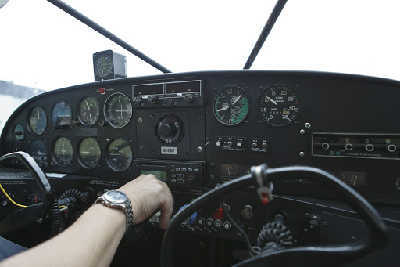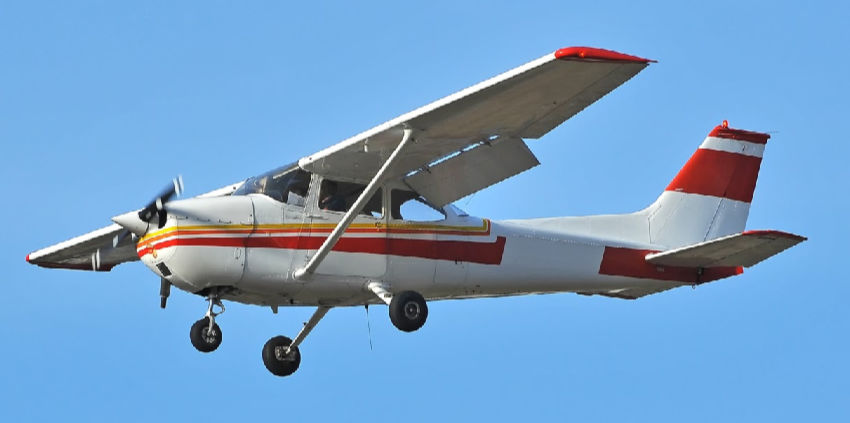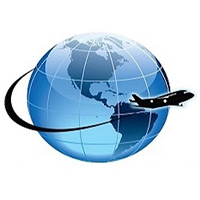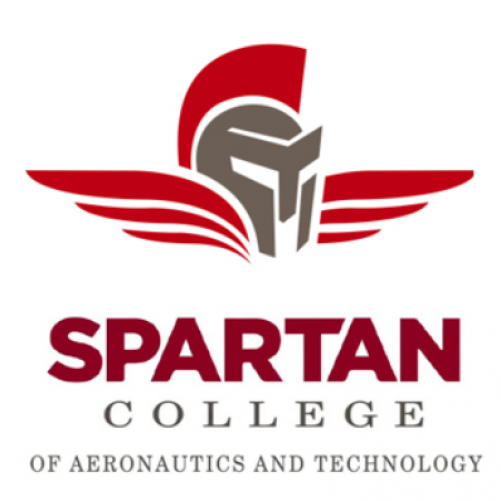For local resources,
choose a city page in Arkansas:

VA Approved Flight Schools in Arkansas
Veterans, with a passion for flying, know they can soar into the wild blue yonder with extended benefits through the GI Bill 2.0 as part of the Post 911 Veterans Educational Assistance Improvements Act of 2010. Previously, vocational and VA approved flight schools in Arkansas were not covered, but as of October 1, 2011, such training is covered.
Regardless of your VA benefits, your Private Pilot's license is required as the first step in your pilot training. In the case of VA approved flight schools in Arkansas, those costs will run you about $12,000, no matter where you go for flight training, whether it is a "VA-approved" (Part 141)" flight school or to a flight school that is Part 61 school in that is not VA approved. Regarding VA approved Part 61 flight training, the VA will not help you with any of those costs associated with a Private Pilot License. So your decision on where you go for your initial Private Pilot training should be based on the top school available in Arkansas, your VA benefits, and whether your school of choice in Arkansas is "VA-approved."
 Call Aviation Schools Online and let our experts help you figure out what schools in Arkansas are VA approved, and what schools are not. If you are veteran living in Arkansas, let us help you to find the information you need about your VA benefits eligibility.
Call Aviation Schools Online and let our experts help you figure out what schools in Arkansas are VA approved, and what schools are not. If you are veteran living in Arkansas, let us help you to find the information you need about your VA benefits eligibility.
VA Approved Flight Training in Arkansas
If a flying helicopter is your dream, you are in the right place. Learn to fly today. Let us help you find a school that is safe, thorough, and professional - preparing you for an aviation career flying in Arkansas. The best VA approved flight training schools in Arkansas are FAA certified as a Part 141 flight schools.
- Private Pilot (Part 141, Part 61)
- Instrument (Part 141, Part 61)
- Commercial (Part 141, Part 61)
- CFI (Part 141, Part 61)
- CFII (Part 141, Part 61)
- ATP (Part 141, Part 61)
- Add-Ons: Private, Instrument, Commercial, ATP (Part 141, Part 61)
Post 9 11 GI Bill: Dependents are Eligible
If you're the spouse or child of a veteran eligible for Post 9 11 GI Bill benefits, you can get help paying for the education you've always dreamed of!
As of August 1, 2009, service members enrolled in this program can transfer any unused benefits to their immediate dependents, who can then use the money to receive an education at an accredited school of their choice. The Transfer of Post 9 11 GI Bill benefits to dependents (TEB) is a real boon for veterans who may not need to further their own educations but who wish to help their college-aged children get flight training, bachelor's degrees, and any number of other career-enhancing certifications.
What Does the Post 9-11 Cover For Flight Training in Arkansas?
The United States Department of Veterans Affairs under the Post-9 11 GI Bill covers the lesser of the amounts (of $10,000) between actual net in-state tuition costs and the fees charged by flight schools in Arkansas.
Other Department of Veterans Affairs programs already covering flight-related training includes the Montgomery GI Bill Active Duty and Veterans Educational Assistance Program. Veterans from Arkansas are urged to check with the U.S. Department of Veterans Affairs to ensure that the flight school they chose is VA approved and meets VA qualifications prior to enrollment.
Right now VA-approved flight schools are eligible for reimbursement through the Montgomery GI Bill.  Veterans enrolling in flight training near Arkansaswill be able to receive direct payment through the Post-9 11 GI Bill. It is recommended that veterans who choose to pursue flight training attain a VA Certificate of Eligibility to determine how much military education benefits they may receive to put towards flight training in Arkansas.
Veterans enrolling in flight training near Arkansaswill be able to receive direct payment through the Post-9 11 GI Bill. It is recommended that veterans who choose to pursue flight training attain a VA Certificate of Eligibility to determine how much military education benefits they may receive to put towards flight training in Arkansas.
Regardless of VA reimbursement, veterans are responsible for fees associated with flight training programs. Veterans who successfully complete an aviation training program will be a part of a growing selection of career opportunities.
Flight-related careers are expected to show at least a 12% growth through 2022 according to the US Bureau of Labor statistics. Job opportunities may include air cargo carriers, regional airlines, air taxis, and low-cost carriers.
While college degrees and commercial pilot licenses are required for most flight-related jobs, military pilots have an advantage in the face of tough competition. Pilots can also start their professional flight careers working as flight instructors.
This allows for the accumulation of flight hours and additional experience that will make veterans pursuing aviation careers more attractive for lucrative jobs with commercial airlines in Arkansas.
The average wage for commercial pilots can range from approximately $73,000 to $117,000, depending on experience and specific flight-related jobs. Veterans from Arkansas can get more information on the Post-9 11 GI Bill at military.com or through the Department of Veterans Affairs.
FAA and Mitigation of the Impact of Weather
How the FAA mitigates the impact of weather. FAA air traffic controllers can’t control Mother Nature, but they have a wide range of tools to mitigate Mother Nature’s impact on the flying public. These tools are used at the agency’s Command Center in Warrenton, VA, which balances air traffic demand with system capacity on a nationwide scale, at Air Route Traffic Control Centers (ARTCC), which handle high altitude traffic, at Terminal Radar Approach Control (TRACON) facilities, which handle traffic around busy airports, and at airport towers.
Fixed-Wing Aircraft Factoid Maintaining the Aircraft
Maintenance of an aircraft is of the utmost importance for safe flight. Certificated technicians are committed to perform timely maintenance functions in accordance with the manufacturer’s instructions and under Title 14 of the Code of Federal Regulations (14 CFR). At no time is an act of aircraft maintenance taken lightly or improvised. The consequences of such action could be fatal, and the technician could lose his or her certificate and face criminal charges.




